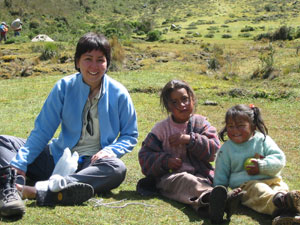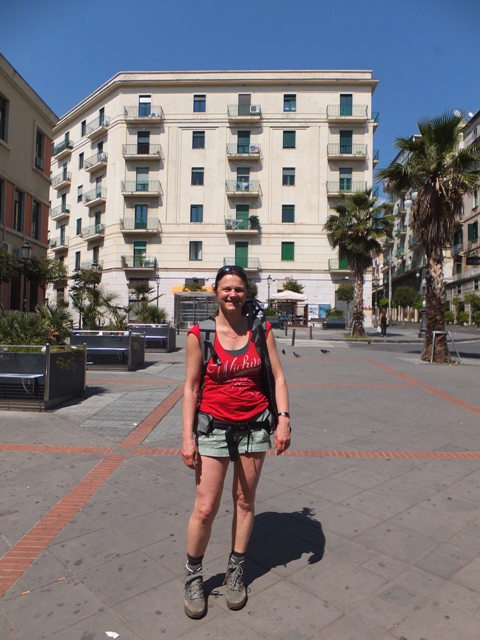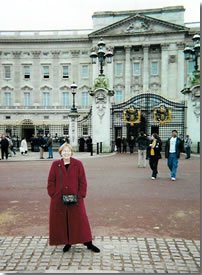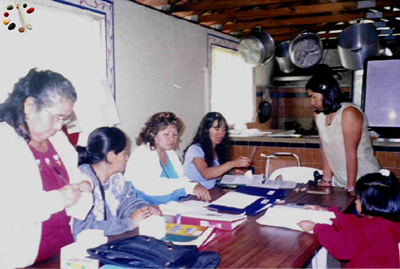One of the topics that I am fascinated with is the cross-cultural adjustment process. As an Austrian immigrant in Canada I know that even a move from a Western European country like Austria to a modern developed nation such as Canada can entail a significant adjustment process. My acculturation phase took me about 4 years, and I had quite some bumps in the road getting adjusted to my new home country.
There is a whole continuum of cross-cultural experiences, from being a tourist in an all- inclusive resort with little exposure to the local culture, to becoming a “traveller” – a person who actually takes an interest in the foreign culture and explores it, to immersing yourself for a limited time in the local culture through language study travel, voluntourism, or foreign work or study assignments.
The most extreme cross-cultural encounters are created when one decides to leave one’s home culture behind to relocate full-time to another country. That’s when issues of culture clash and adjustment become most predominant.
Over the last few weeks I have been doing a search on the Internet for experts who are familiar with this type of topic to provide some insight into the process of relocation and acculturation in a foreign country. I found David Rhodes, owner of “I want to change my life”, who is an “expatriation coach”, literally an individual who helps people who want to pull up their stakes and move full-time to another culture.
Here are his insights:
1. Please tell us about yourself and your background.
I’m British, aged 43, and have lived in the UK all my life. My career background is varied, being self-employed since 1991 running a number of businesses. I became an accredited life coach with the UK College of Life Coaching in 2004.
2. How did you become an expert on expatriation and migration? What is “expatriation coaching” and what does it entail?
People sometimes question how, if I have never emigrated myself, how I am qualified to help them. There is plenty of “how to” books on the market on relocating, however the advice given is based on what was right for the author.
To be able to coach someone, you don’t actually need to know anything about the subject you are coaching about. Coaching is basically helping the client reach a decision that is best for them, and it’s a very specialised skill.
Rather than say I am an expert in expatriation, as this can be misleading I would say that I specialise in the area of helping people decide whether emigrating is the right thing for them and then help them plan and execute their plans to maximise their chance of success.
But I have an understanding regarding the important issues around relocating.
I do this via telephone conversations using my own unique and bespoke programs as a guideline.
3. Who are some of the people that come to you for advice and why? What makes emigration an attractive option to some people?
I would say that the vast majority of people who contact me don’t really understand what I do. So I get enquiries that would be better aimed at migration specialists about whether they would be eligible to migrate to a particular country.
My services are based around the premise to investigate not whether they legally can emigrate, but whether this decision would improve their lives.
Emigration is attractive to people because they think that they will improve their lives, they are unhappy where they are so they think that moving countries will solve that. It won’t necessarily, explained further under the “wheel of life” question.
4. Please comment on some of the favourite places that are commonly considered destinations for emigration.
There are the main countries, Australia, USA, New Zealand, South Africa, Spain, and Canada. And of course for people not living in the UK, Britain itself.
Generally however people have a dream about living in a hotter climate.
5. Please give us some practical examples of some of the stories of emigration and expatriate living that you have witnessed.
Angela is 35, she moved from New Zealand to the UK on a relatives visa, her grandmother was British. After initially moving to London, which by far the vast majority of migrants to the UK do, she wanted a better quality lifestyle. (London is not right for everyone). So she moved to Somerset where she is currently living with her 2-year-old son, who was born in this country. She is now totally settled, and when the opportunity arose to return to New Zealand as a result of a relationship breakdown she decided to stay and build another life in the UK.
On the other side there are numerous examples of British people who move to the Costa deal Sol, Spain, buy a not very profitable business, usually a bar, lose money and end up returning to the UK ruined financially.
6. What are some of the key factors involved in deciding on whether to emigrate? What are the potential benefits, what are the risks?
Whether you would have enough money in a new life is a key factor, especially if you have to establish a business or get a job. Being able to speak the language is central. Making new friends quickly is very important, as is the decision as to whether you would miss your family and current friends.
In fact if you look at the wheel of life each of these sections are key factors, for most people.




